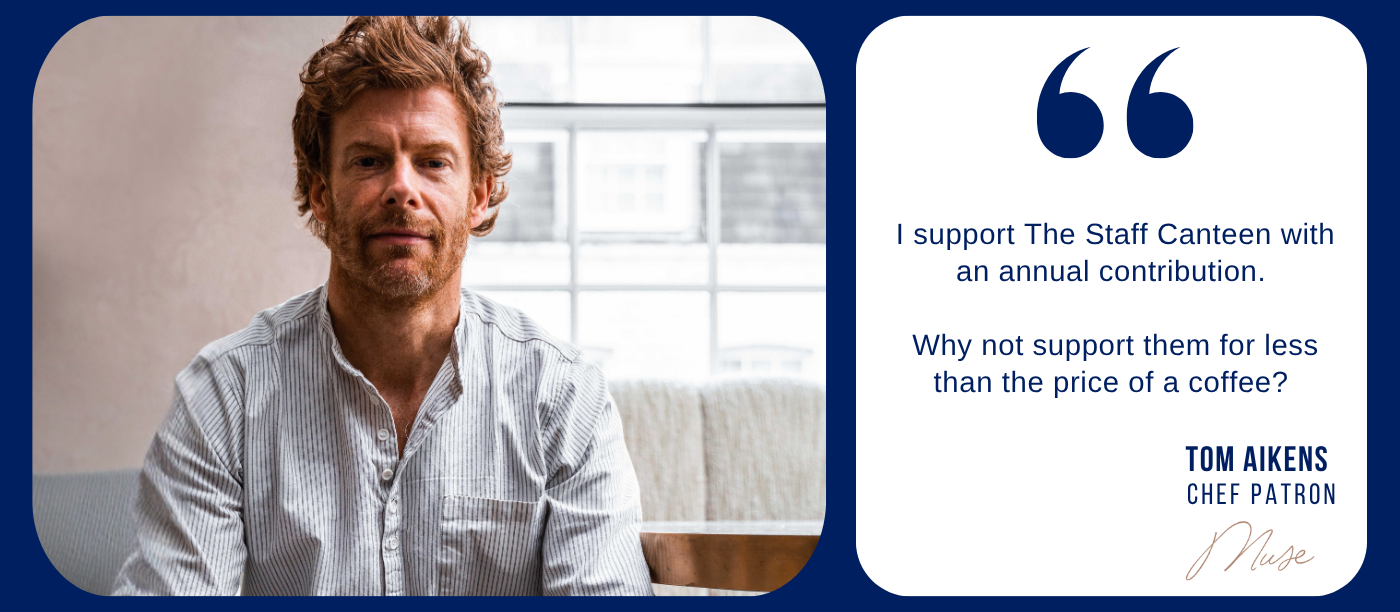'It's not the death of fine dining, but it is going to hurt them more than anything'

Are most fine dining restaurants doomed to fail, and how will those who survive adapt to the world after Covid-19?
We've all seen the news broadcasts of queues of cars twice circling around recently a reopened fast-food chain, and know that the public won't hold back their loyalty to the golden arches when branches open nationwide.
We've also seen many casual dining restaurants remain open, or reopen in recent weeks, offering delivery and collection services.
But what of the fine dining restaurant? Operating on the tightest margins of all, and impossible to deliver due to the high level of intricacy involved in preparing the food, it would seem that they will be the biggest losers on the UK's food and beverage market.
In a webinar hosted by EP's Chris Sheppardson for Bird & Bird, Michael Gottlieb, restaurateur and entrepreneur expressed concerns that restaurant recovery would be "the hardest of all."
He said: "It's not the death of fine dining but it is going to hurt them more than anything.
How should restaurants adapt to the current crisis, and are we set for a spike in casual dining?
First, it is worth facing the fact that, as Michael pointed out, "There won't be as many surviving to adapt," as "a lot of them are going to be out of business" - pointing to the example of The Ledbury - where last week chef Brett Graham told the press that he had let go his staff and couldn't see a route to reopening the Mayfair restaurant.
"Even if the rules are completely relaxed, I think there will still be a huge number of casualties simply because the return is going to be much much slower than anticipated."
Undoubtedly, he said, the fine dining sector would suffer the most in the long term.
"It is true that it's been a long time coming, there needed to be a shake up. There are too many restaurants, there's no question," he said.
"This has just hastened it far more than we need. It's going to be rather unfortunate."
How to minimise the impact

of decreased Volume without raising prices
"Volume is going to be an issue for every F&B operator no matter what sector they're in, because we're going to be in a position where we're going through a pretty thumping recession, social distancing, the fear factor and so on," explained David Read of Prestige Purchasing.
And while the situation may present some new opportunities from new channels etc, he said, "the reality is that we're going to have less bums on seats.
"So there's not much opportunity there, there's not much opportunity in terms of price, because of the recession there'll be discounting, there'll be low inflation.
He added: "If you look at the levers that as an operator you have to pull, you can't pull the price or the volume levers very much, so cost of production is really the only other major driver of profitability and I think there is a complexity opportunity here in the sector.
By reducing the number of dishes on a menu, you reduce labour and food costs. By reducing the range of ingredients and of delivery frequency and transforming products as little as possible, complexity - and costs - can be brought down.
"I'm not anti-complexity," David said, "but the opportunity is where it doesn't add value."
Adapting will be key
That's not to say that dishes shouldn't be made from fresh ingredients on site but only so to the extent that it makes it possible to operate safely in the current circumstances, Michael explained.
"I'm going to offer a shortened menu with only the best-sellers on it, and the rest we just leave behind and we see how it goes.
"We just couldn't afford wastage that might come from not having enough customers to serve and having to throw stuff away, so it'll be stuff that we know have sold in the past.
Chefs, restaurateurs, do you have a 'survival strategy' for when you reopen? We'd love to hear your thoughts in the comments below.

The Staff Canteen has always been more than a website—it’s a community, built by and for hospitality. We share the wins, the challenges, the graft, and the inspiration that keeps kitchens alive.
We believe in staying open to everyone, but creating this content takes real resources. If you’ve ever found value here—whether it’s a recipe, an interview, or a laugh when you needed it most—consider giving just £3 to keep it going.
A little from you keeps this space free for all. Let’s keep lifting the industry, together.














